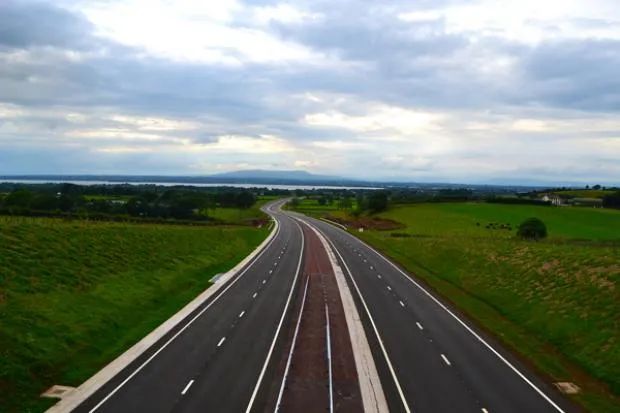LUSAKA, Zambia: The Zambia’s Road Development Agency (RDA) says that most of the tarred road infrastructure in the country has been negatively affected by climate change, particularly the rising global temperatures. This is because many roads were originally constructed to withstand much lower temperatures than what is currently being experienced.
Speaking in a separate interview with ASHENEWS in Chisamba District, Central Province of Zambia, during a media tour of sections of the Lusaka-Ndola Dual Carriageway, RDA Engineer Emmanuel Zulu said the new road is being constructed with rising temperatures in mind to prevent the softening of bitumen and to withstand other effects of climate change, such as flash floods.
Eng. Zulu disclosed that the asphalt being used in the tarring of the dual carriageway is modified to endure high temperatures of over 70 degrees Celsius. Coupled with a four-layer base, the dual carriageway is designed to handle traffic for at least 25 years.
“By design, the hydraulic structures, bridges, and culverts are built to withstand flash floods and high temperatures,” Eng. Zulu stated.
Meanwhile, RDA Chief Communications and Corporate Affairs Officer, Anthony Mulowa, disclosed that the upgrading works on the 327-kilometer Ndola-Lusaka dual carriageway have reached 23.5 percent completion.
Mr. Mulowa further revealed that the upgrading of the Masangano-Fisenge-Luanshya road has been completed, adding that the ongoing dual carriageway project has created over 2,300 jobs for local communities.
The dual carriageway is a major initiative to upgrade the Lusaka-Ndola road, forming part of a broader effort to improve Zambia’s road infrastructure and reduce the number of fatal accidents along the route, which connects the country to the Democratic Republic of Congo through the Kasumbalesa border.


